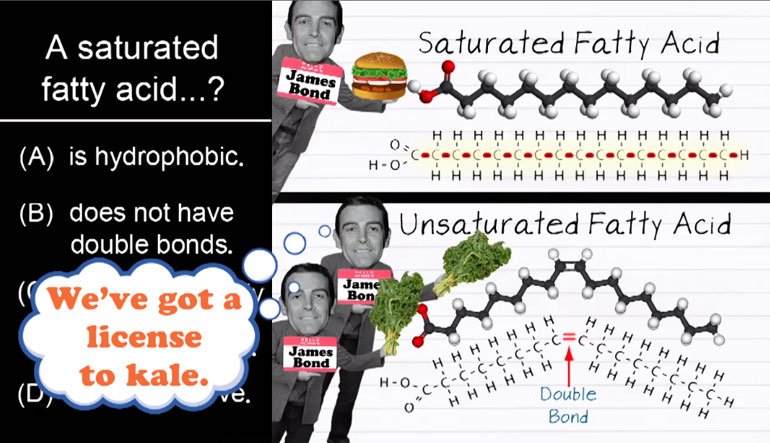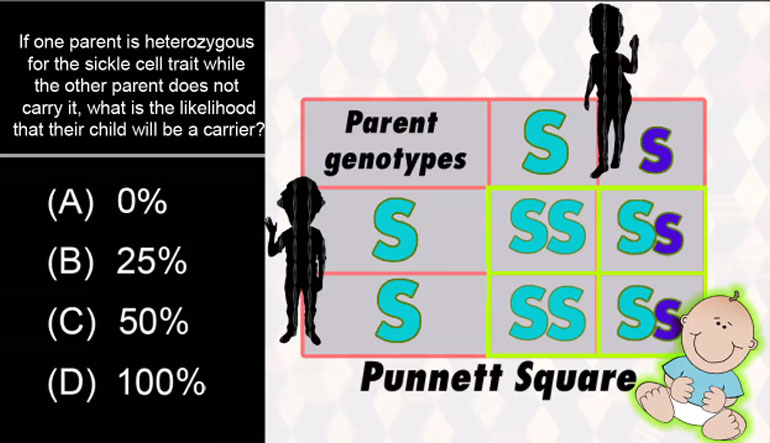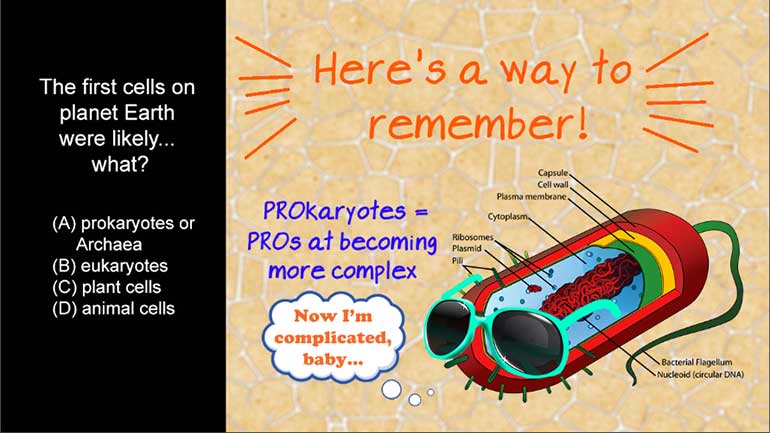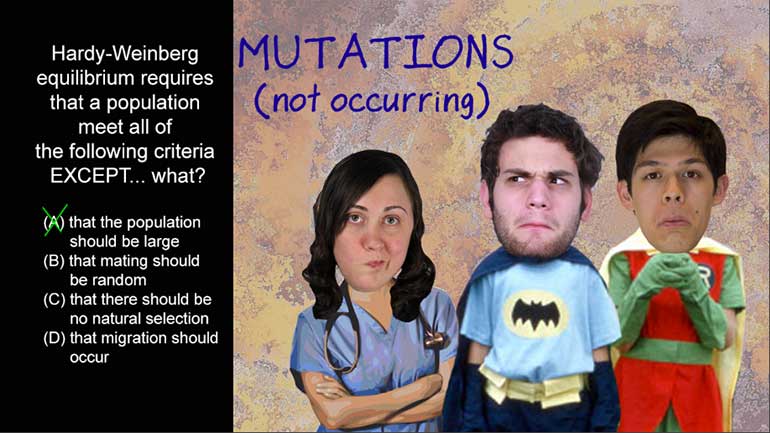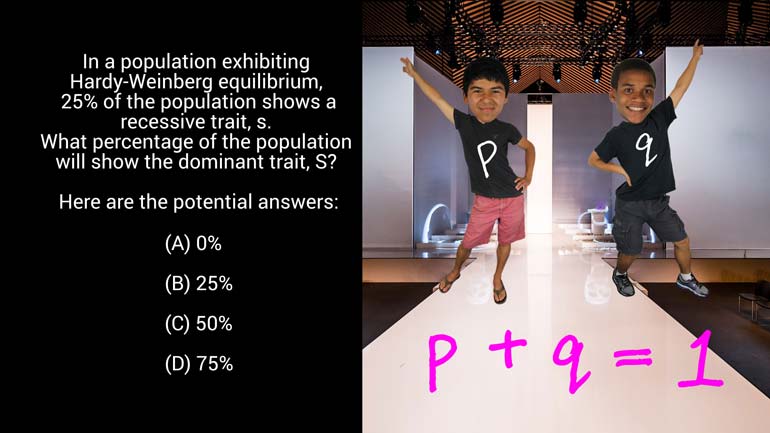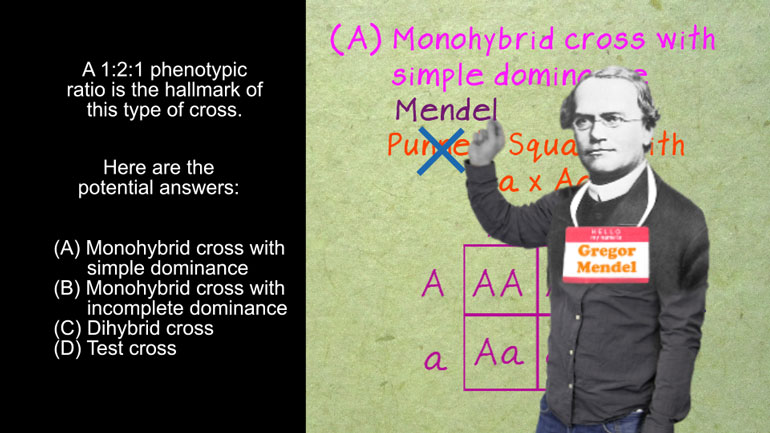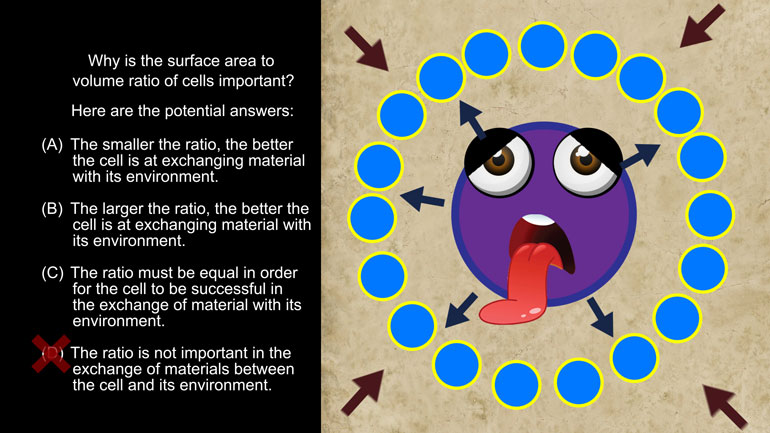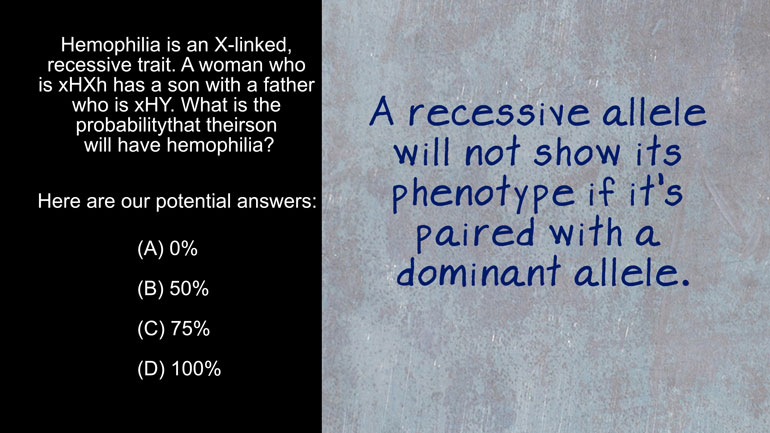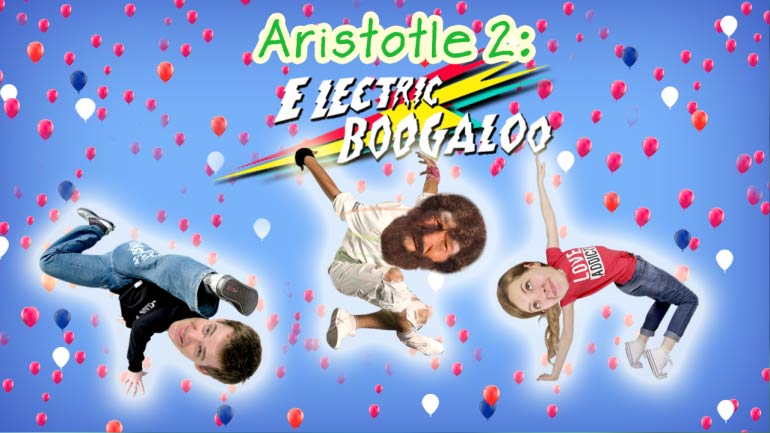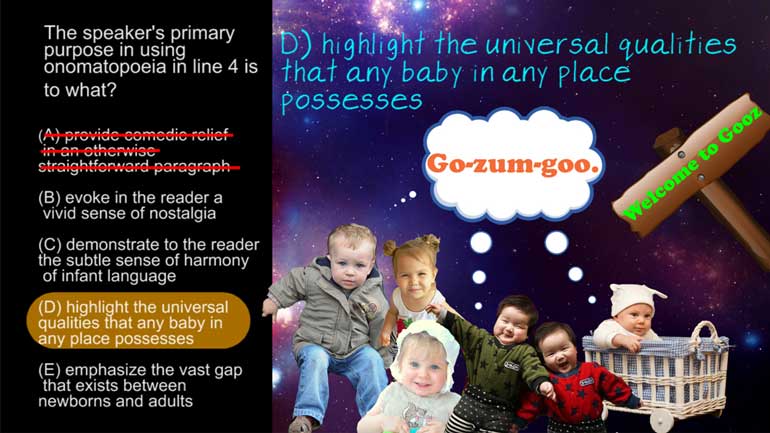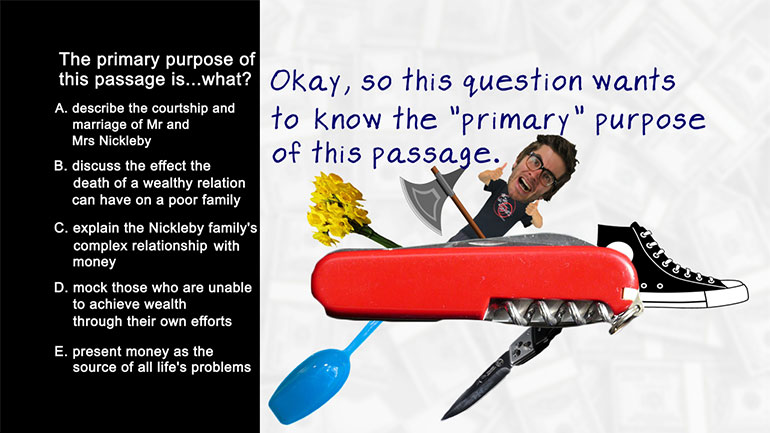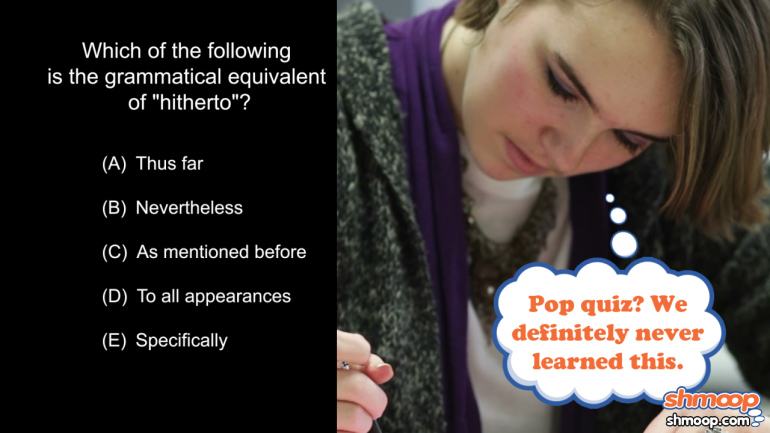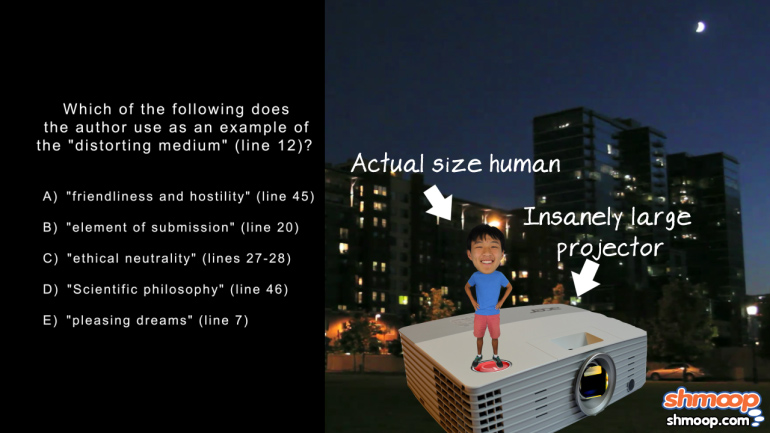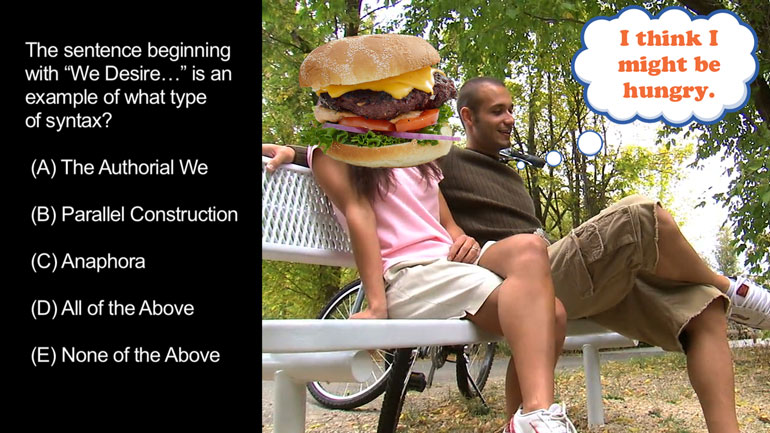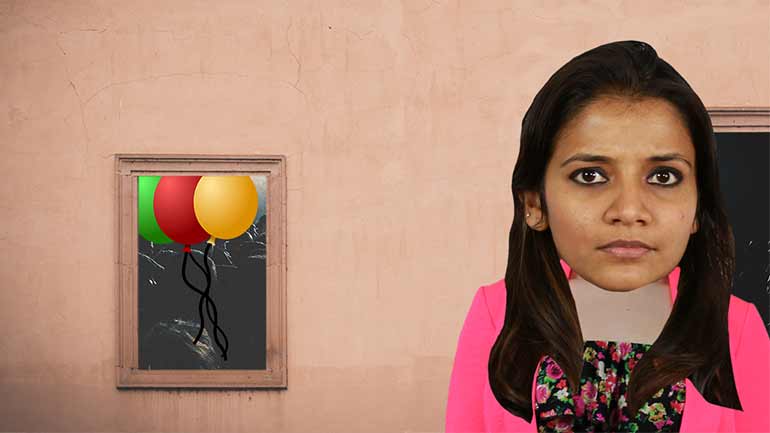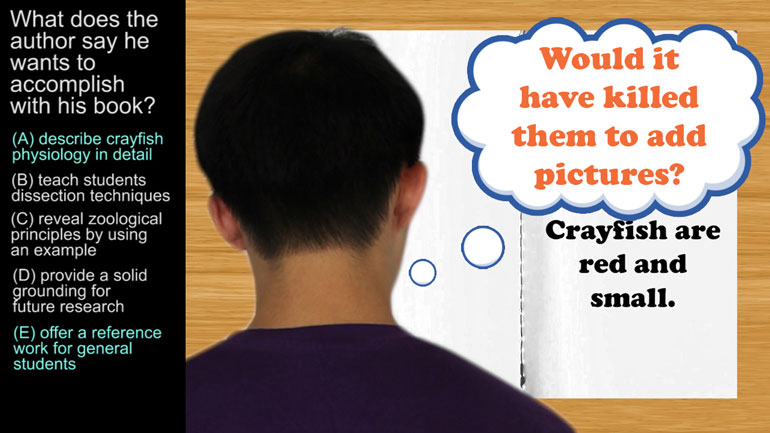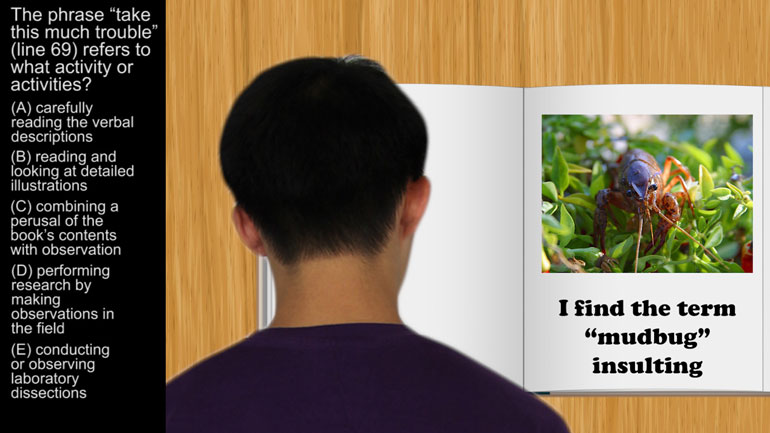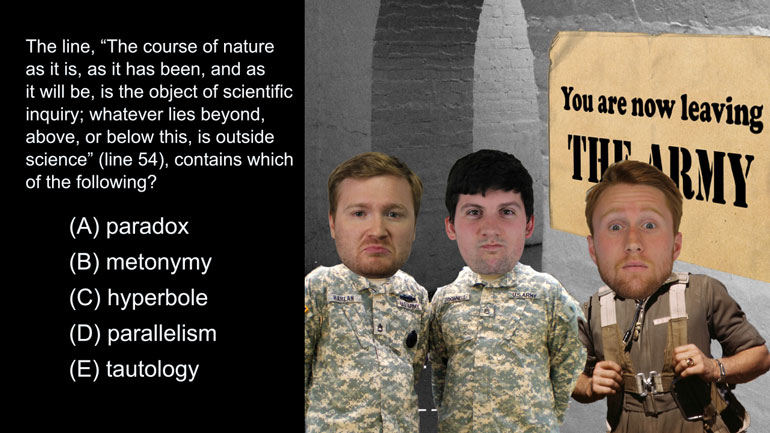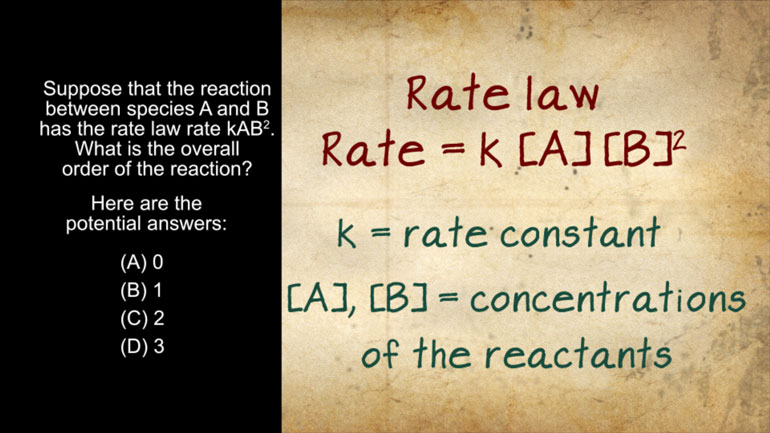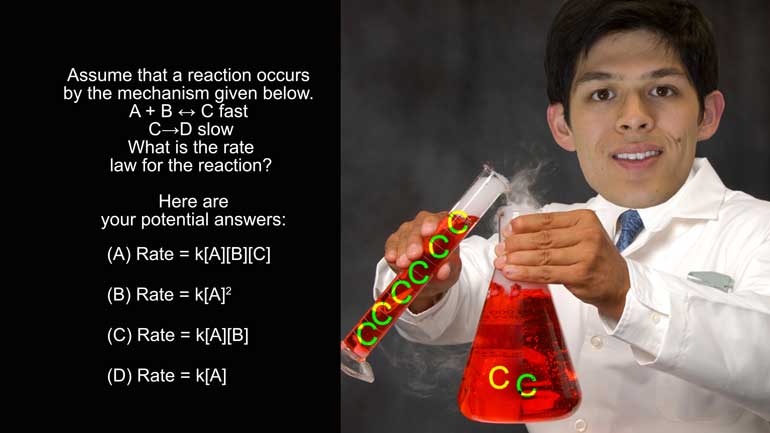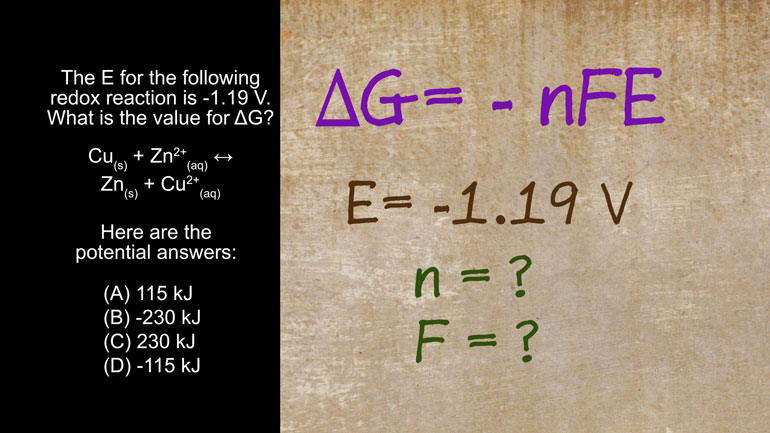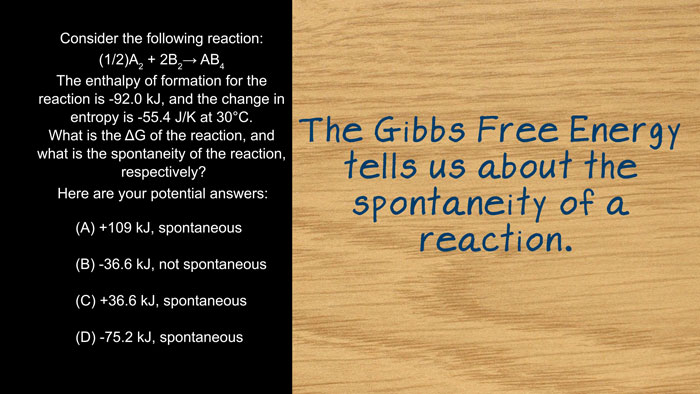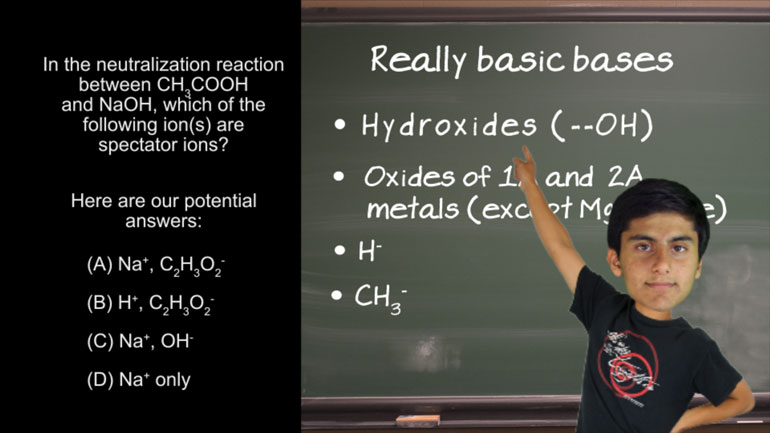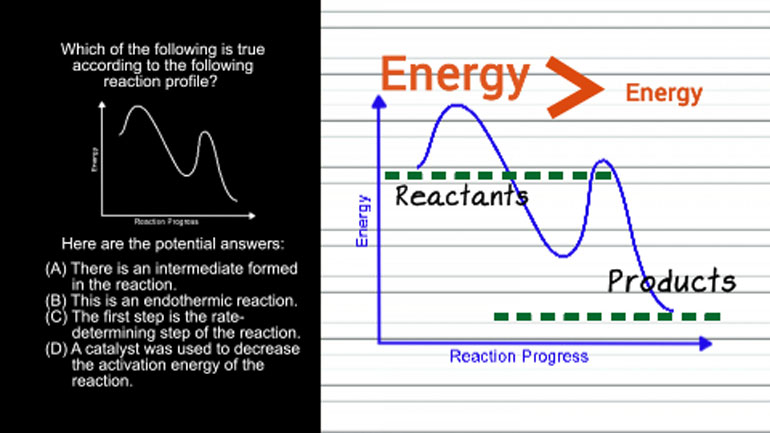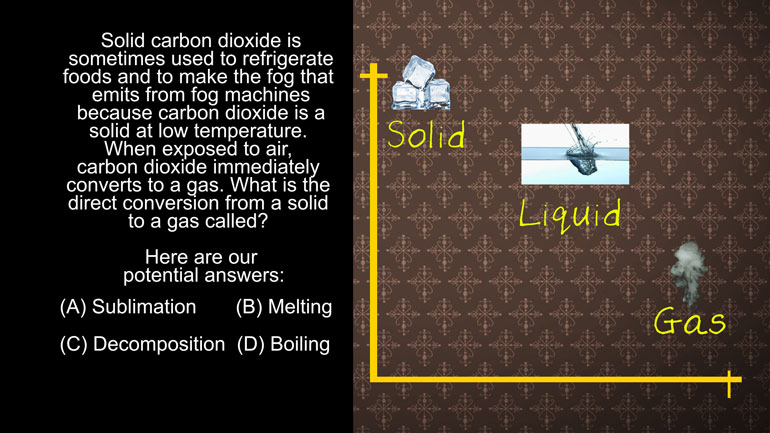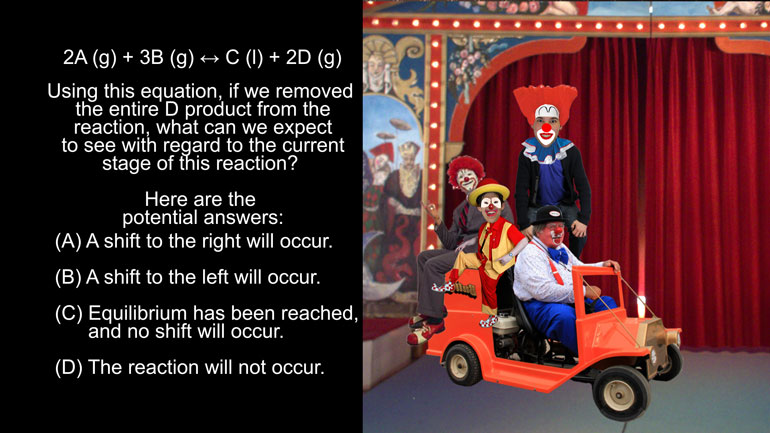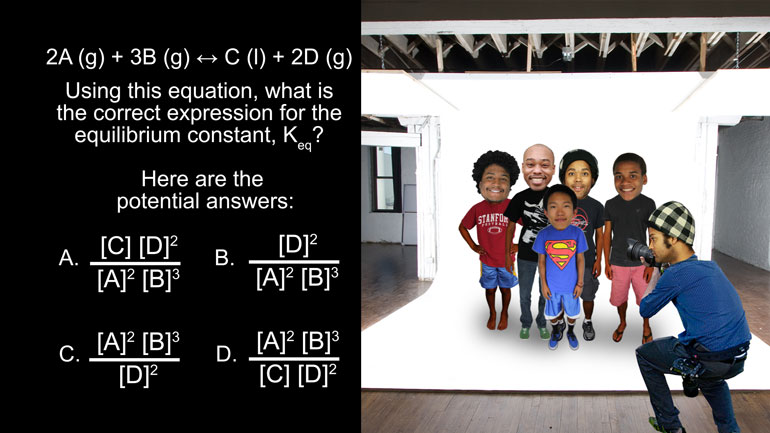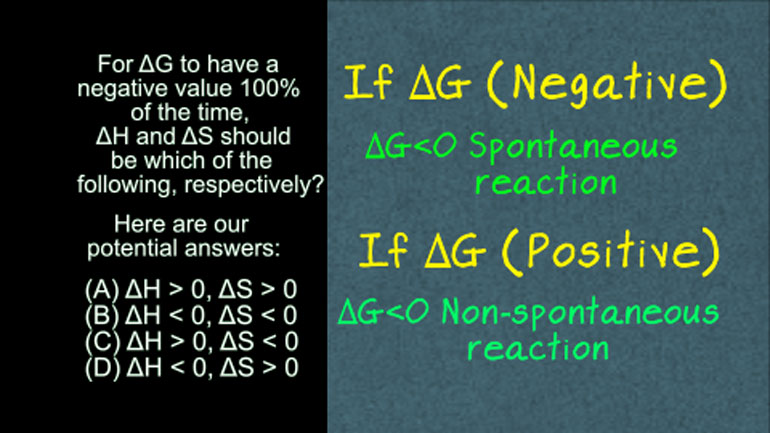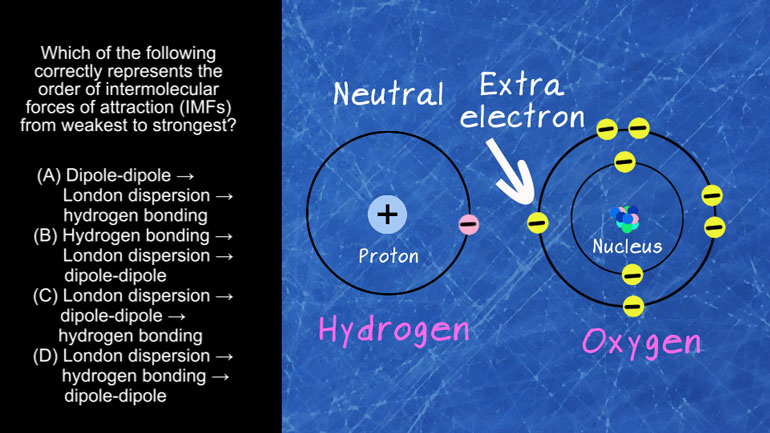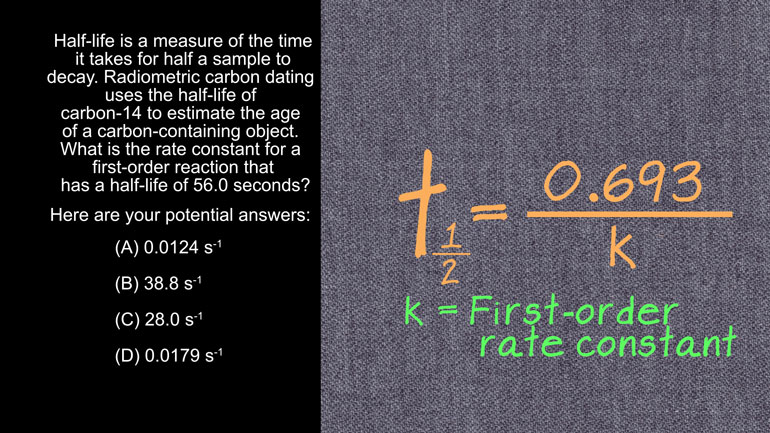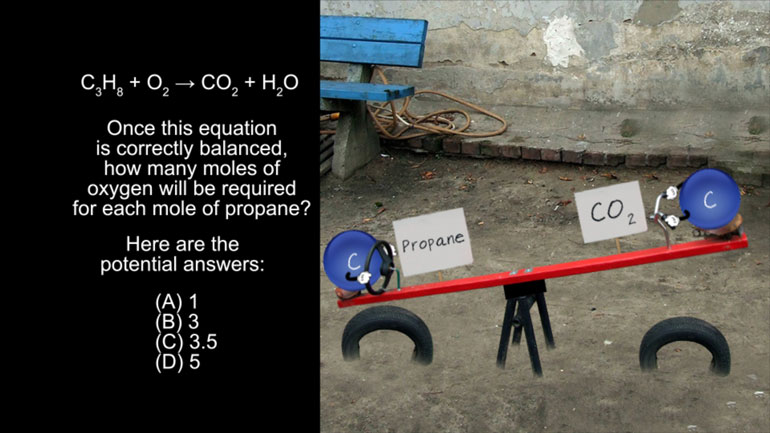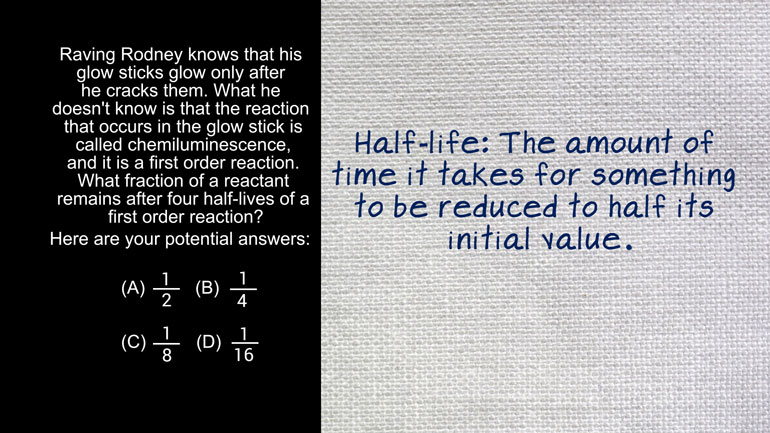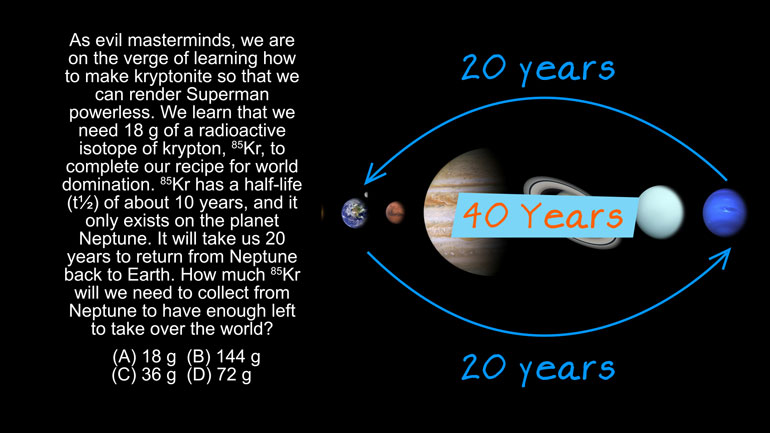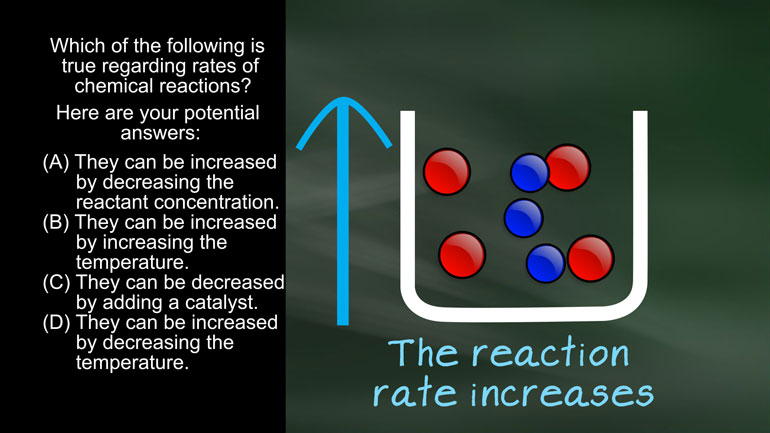ShmoopTube
Where Monty Python meets your 10th grade teacher.
Search Thousands of Shmoop Videos
AP Videos 1345 videos
Take a look at this shmoopy question and see if you can figure out which device the speaker employs the most.
We're not going to give you a speech about how answering this Shmoopy AP English Lit question will help you succeed in life, but if we did, we wond...
AP English Language and Composition 3.5 Passage Drill. How is "forcible" being used here?
AP English Language and Composition 4.9 Passage Drill 207 Views
Share It!
Description:
AP English Language and Composition 4.9 Passage Drill. The syntax of the third paragraph suggests that the speaker...what?
- Reading Informational Text / Analyze how an author uses rhetoric to advance his or her point of view
- Reading Informational Text / Analyze how an author uses rhetoric to advance his or her point of view
- Vocabulary / Demonstrate understanding of figurative language, word relationships, and nuances in word meanings
- Reading Informational Text / Determine author’s purpose through effective rhetoric
- Vocabulary / Demonstrate understanding of figurative language, word relationships, and nuances in word meanings
- Grammar, Syntax, and Conventions of Written English / Improving Syntax
Transcript
- 00:00
[ musical flourish ]
- 00:02
And here's your Shmoop du jour, brought to you by syntax.
- 00:06
If we were taxed on all of our sins, well, the national deficit would be, uh, history.
- 00:12
All right, check out the following passage.
- 00:14
[ mumbles ]
Full Transcript
- 00:20
[ mumbling continues ]
- 00:30
All right.
- 00:31
The syntax of the third paragraph suggests that the speaker... what?
- 00:35
And here are the potential answers.
- 00:38
[ mumbles ]
- 00:44
All right. Well, syntax may sound like a fancy word,
- 00:47
but all it really means is the way in which words are put together.
- 00:49
It's the pattern of grammar, sentence structure, and everything else that shapes a piece of writing.
- 00:54
Our speaker is not a fan of simple syntax to say the least.
- 00:58
So we can definitely nix choice A.
- 01:00
If our speaker's syntax were clear and concise, it'd be straightforward
- 01:04
and to the point, and this guy doesn't go from point A to point B.
- 01:07
At least not in a straight line.
- 01:09
Option B doesn't look like it's gonna make the cut.
- 01:11
For one, it's never a good idea to spend a lot of time
- 01:14
trying to figure out what a writer intended, especially when he's dead.
- 01:18
Without a ouija board, we have no idea what this guy intended
- 01:21
when he wrote this, so all we can analyze is the writing on the page.
- 01:24
Even if we were to start guessing his intentions, we wouldn't guess
- 01:27
that he wanted to confound or confuse his audience.
- 01:30
Seems like he's doing his best to enlighten them if you ask us.
- 01:33
Anyway, moving on.
- 01:34
There are all sorts of things wrong with choice D.
- 01:36
First, it says that the speaker uses "hackneyed idioms,"
- 01:40
which means overused common sayings.
- 01:43
You know, like "out of the blue," "sick as a dog," or "a chip on the shoulder."
- 01:47
As far as we can tell, there aren't any idioms like these and none of the writing seems hackneyed.
- 01:52
D also claims the writer uses these imaginary hackneyed idioms
- 01:55
to weaken the counterargument.
- 01:57
That'd be kind of hard. There's no counterargument to be found in this paragraph.
- 02:01
The writer spends all of his time making his points, not recognizing other people's points of view.
- 02:05
Huh. Kind of like Congress.
- 02:07
All right, option E might be right on one level.
- 02:10
The speaker might be challenging his audience's
- 02:12
preconceived notions about life,
- 02:14
but he's not using obscure diction,
- 02:16
meaning vague, weird, or hard-to-understand words.
- 02:19
Despite the convoluted syntax, the individual words the speaker uses
- 02:23
are pretty straightforward. And anyway,
- 02:25
how would purposely using hard-to-understand words
- 02:27
ever help challenge people's notions? Like, we hate that at Shmoop here.
- 02:31
Wouldn't it just make it harder for everyone to understand your point?
- 02:34
Yeah, duh. Go read the standard textbooks and wake up.
- 02:37
See if that helps you. [ chuckles ]
- 02:38
Standing up in front of people and speaking gibberish
- 02:41
isn't gonna win any hearts or minds.
- 02:43
So choice E is a no.
- 02:44
Option C, on the other hand, is a yes all the way.
- 02:47
The speaker has a real knack for figurative language,
- 02:50
which is when a writer appeals to the senses
- 02:52
or compares two things in an interesting or inventive way.
- 02:56
One example in paragraph three is when the speaker compares
- 02:59
the death of most people
- 03:01
to being stillborn.
- 03:03
It's not a thought with which we'd comfort a grieving widow,
- 03:06
but it is unique and definitely figurative.
- 03:09
Most importantly, it helps us understand the speaker's
- 03:11
argument that our mortal life
- 03:13
is only a tiny fraction of the life we can keep leading
- 03:17
after death.
- 03:18
We can't decide if this essay is cheerful
- 03:20
or depressing.
- 03:23
Huh. Thoughts?
- 03:24
[ weeping ]
Related Videos
Which answer best describes the theme of the following passage? And if you say "fission chips," we'll give you half credit. The AP test graders mig...
AP English Language and Composition 3.5 Passage Drill. How is "forcible" being used here?
Take a look at this shmoopy question and see if you can figure out which device the speaker employs the most.
He or she that answereth this question shall...answereth it. And hopefully feel kind of accomplished. Hit play and figure out the primary rhetorica...
We're not going to give you a speech about how answering this Shmoopy AP English Lit question will help you succeed in life, but if we did, we wond...





